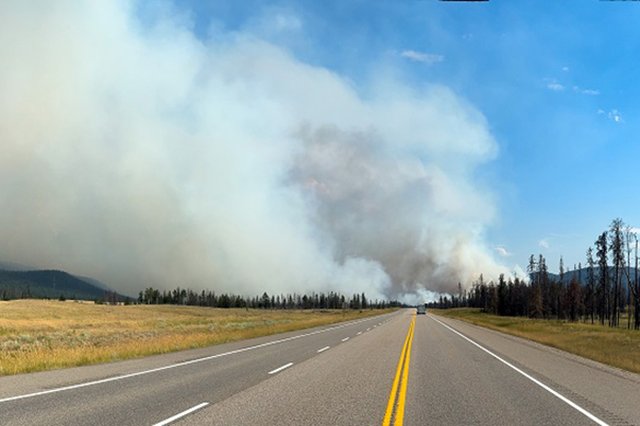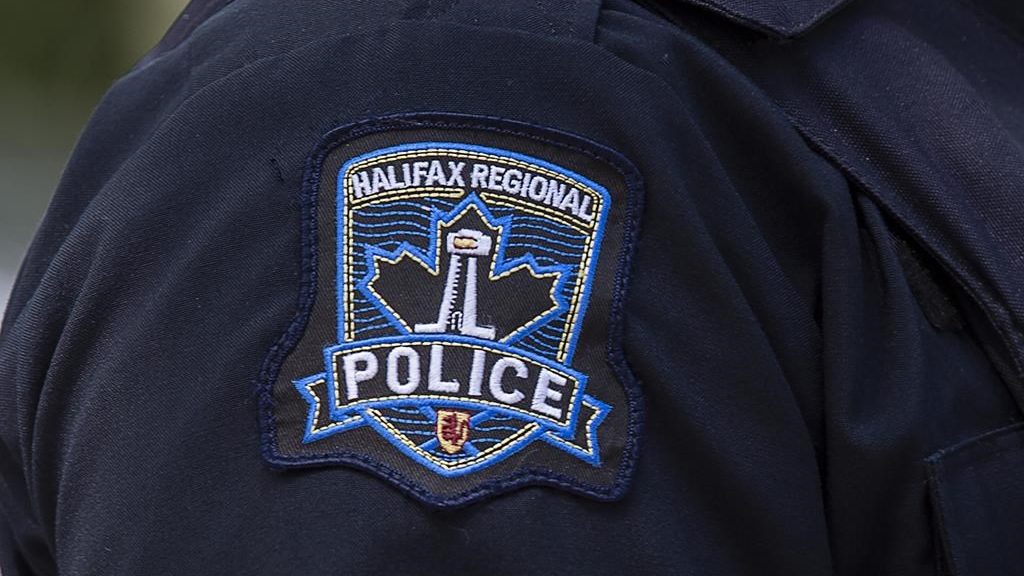Nova Scotia Health reports increase in HIV cases
Posted Oct 3, 2022 04:40:00 PM.
Public Health officials are reporting an increase in people who have been newly diagnosed with HIV.
It says usually our province sees between 15 and 20 new cases each year, but it's thought we've already met or exceeded that with between 20 and 25 new cases by the end of August.
“It should be noted data is subject to change due to changes in case status, delays in reporting, and/or data validation,” Nova Scotia Health cautions in a news release.
“This may also explain changes in the number of reported cases in previous months for some diseases. Please interpret the provided data with caution”
Although those recently diagnosed live throughout the province, many of the cases have been traced back to social circles based in the Halifax Regional Municipality.
“As part of the case investigation, the most prominent risk factors identified are men having sex with men and people who use drugs, including people who share drug equipment,” Nova Scotia Health said.
Officials are contact tracing, but said some contacts are anonymous.
They recommend doing the following for reducing your risk:
- Get tested to know your HIV status. Limit your sexual partners until you know your status.
- Use a latex condom every time you have sex, including oral and anal sex.
- Don’t share needles and syringes used to inject drugs, steroids, vitamins, or for tattooing or body piercing. Also, don’t share equipment (“works”) used to prepare drugs to be injected.
- Don’t share razors, sex toys, or toothbrushes because of the possibility of contact with blood.
- If possible, keep a way to reach your sexual partners so they can be informed of potential exposure to HIV should you test positive.
You may be at higher risk if you meet the following criteria:
- Have multiple sex partners (serial or concurrent) and/or anonymous sexual partnering.
- Cisgender or transgender queer man, a two-spirit person or a non-binary person who has sexual contact with a cisgender or transgender queer man, a two-spirit person or a non-binary person.
- Have or have recently had a sexually transmitted infection, such as chlamydia, gonorrhea, syphilis, or genital herpes.
- Inject drugs or steroids, especially if you share needles, syringes, cookers, pipes, or other drug-consumption equipment.
- Have had tattooing, piercing, or acupuncture with unsterilized equipment.
- Have high-risk partner(s), especially partners who inject drugs, partners with multiple sexual partners, or male partners who have sex with men.
Nova Scotians can get an HIV test through their primary care providers, including family doctors, nurse practitioners, walk in clinics and Virtual Care NS.
In addition, testing takes place at the following Halifax clinics:
Halifax Sexual Health Centre
7071 Bayers Rd., Suite 302, Halifax
902-455-9656
https://hshc.ca/
QEII STI Clinic
5th floor Dickson Building, QEII
5820 University Avenue, Halifax
902-473-2272
https://www.nshealth.ca/service-details/STI%20and%20STD%20Clinic
Clayton Park STI Clinic
Dr. Michelle Ciach
310-255 Lacewood Dr., Halifax
902-450-0008
Newcomer Health Clinic
Resource for government assisted refugees, privately sponsored refugees and refugee claimants in the greater Halifax area.
Mumford Professional Centre
6960 Mumford Rd., Suite 0265 (main floor), Halifax
902-487-0501
https://www.nshealth.ca/content/newcomer-health-clinic
Wije’winen Health Centre
Resource for Indigenous people residing in Halifax Regional Municipality
2021 Brunswick St., Suite 209, Halifax
902-406-0851
https://mymnfc.com/event/wijewinen-health-centre/








